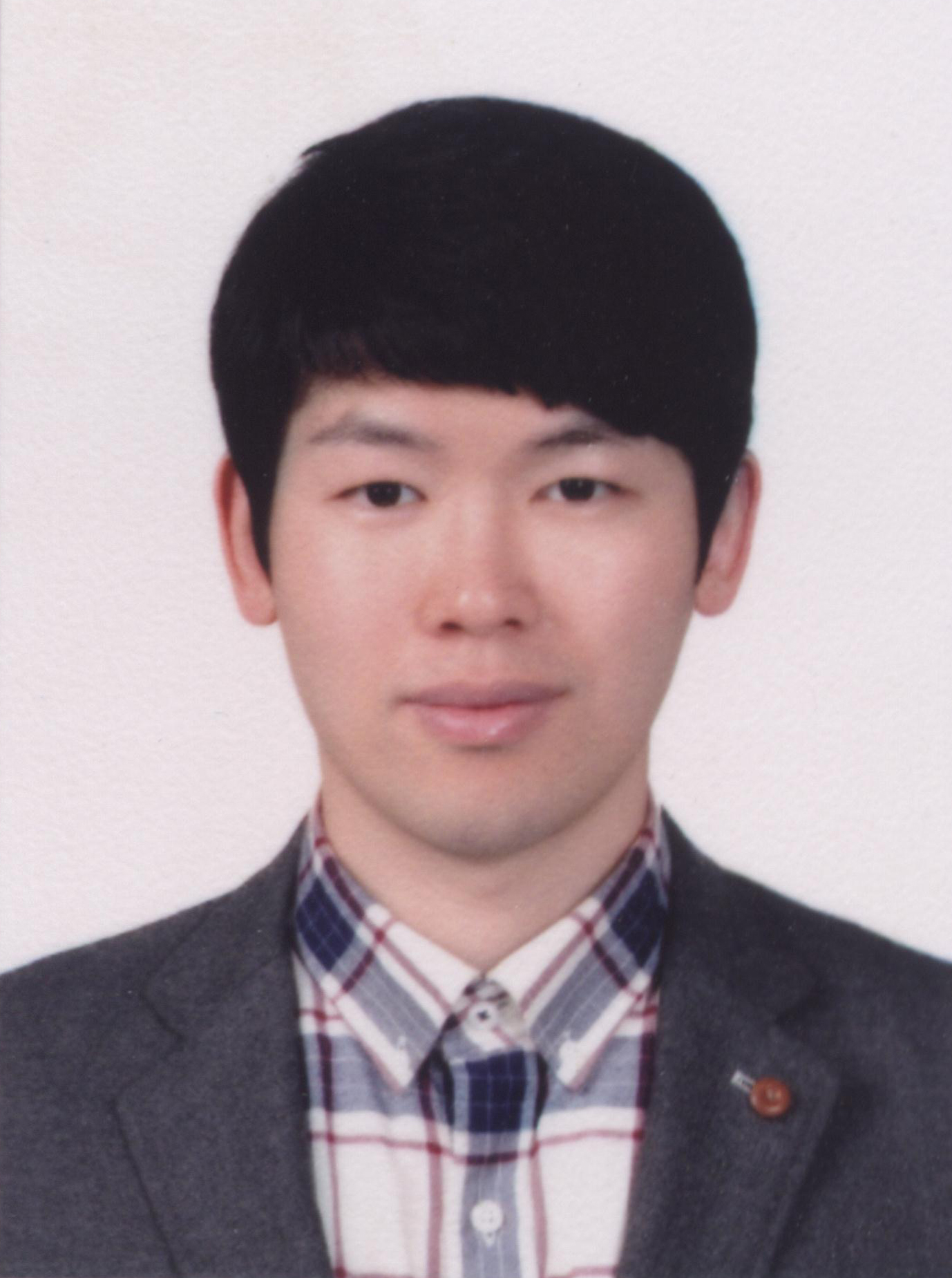연구/산학
PKNU Research 1000
| Hwang Geon-Tae | Develops a device that generates and stores electricity by itself in the human body | |||
| 작성자 | 대외협력과 | 작성일 | 2021-09-07 |
| 조회수 | 358 | ||
| Hwang Geon-Tae | Develops a device that generates and stores electricity by itself in the human body | |||||
 |
대외협력과 |  |
2021-09-07 |  |
358 |
PKNU develops a device that generates and stores electricity by itself in the human body
Professor Hwang Geon-Tae

A ‘self-chargeable flexible energy harvesting and storage device’ that can be planted in the human body to generate and store electrical energy with only small movements of muscles has been developed and is attracting public attention.
Pukyong National University announced that a research team led by Professor Hwang Geon-Tae (Dept. of Materials Engineering) at Pukyong National University has developed a new concept of energy harvesting & storage integrated device that can produce and store electrical energy by itself in collaboration with a team of Professor Yoon Woon-Ha of Korea Institute of Materials Science, Professor Lee Keon-Jae of KAIST, a team of Professor Ryu Jung-Ho of Yeungnam University, and Professor Park Jung-Hwan of Kumoh National Institute of Technology. Energy harvesting, which has recently built up public attention, is a renewable energy technology that collects wasted energy around us and converts it into useful electrical energy. In this study, his research team implemented a ceramic-based flexible self-charging energy storage system that can efficiently store electrical energy by producing electrical energy with small movements of muscles. The research team improved energy storage efficiency by making nanometer (nm) grains of Pb(Mg1/3Nb2/3)O3·PbTiO3(PMN-PT), a ferroelectric ceramic, for effective energy storage and succeeded in allowing the release of stored energy to generate in several hundred nanoseconds. As the system developed this time achieves a much higher energy output density compared to conventional batteries, it is expected that it can be applied to bio-implantable cardiac defibrillators that require a large amount of instantaneous energy. In particular, wearable devices represented by smartwatches are expected to advance into body-attachable and bio-implantable technologies in the future, if the technology developed by the research team is well utilized, smart healthcare that monitors basic health conditions such as heart rate in real-time is expected to be possible.
Batteries widely used to power wearable devices have limitations in requiring repeated charging or replacement due to capacity problems. On the contrary, the self-charging energy storage system developed by the research team this time is thin and easily bendable, so it is easy to apply to wearable devices, and it can generate and store electric energy by itself, making it possible to replace or supplement existing batteries. The research was carried out with support from the National Research Foundation of Korea, and the paper 'Flexible Self-Charging, Ultrafast, High-Power Density Ceramic Capacitor System' containing the research results was published in <ACS Energy Letters> (IF: 23.1), a global energy-related journal recently. Meanwhile, Professor Hwang Geon-Tae is actively conducting research in the field of energy harvesting by publishing his thesis as a corresponding author in the international academic journal <Energy & Environmental Science> (IF: 38.5).
연구진
황건태 gthwang@pknu.ac.kr
공과대학 기능성 세라믹 소재 및 소자 연구실